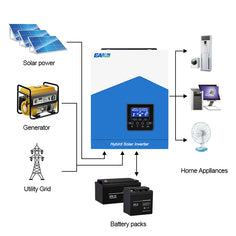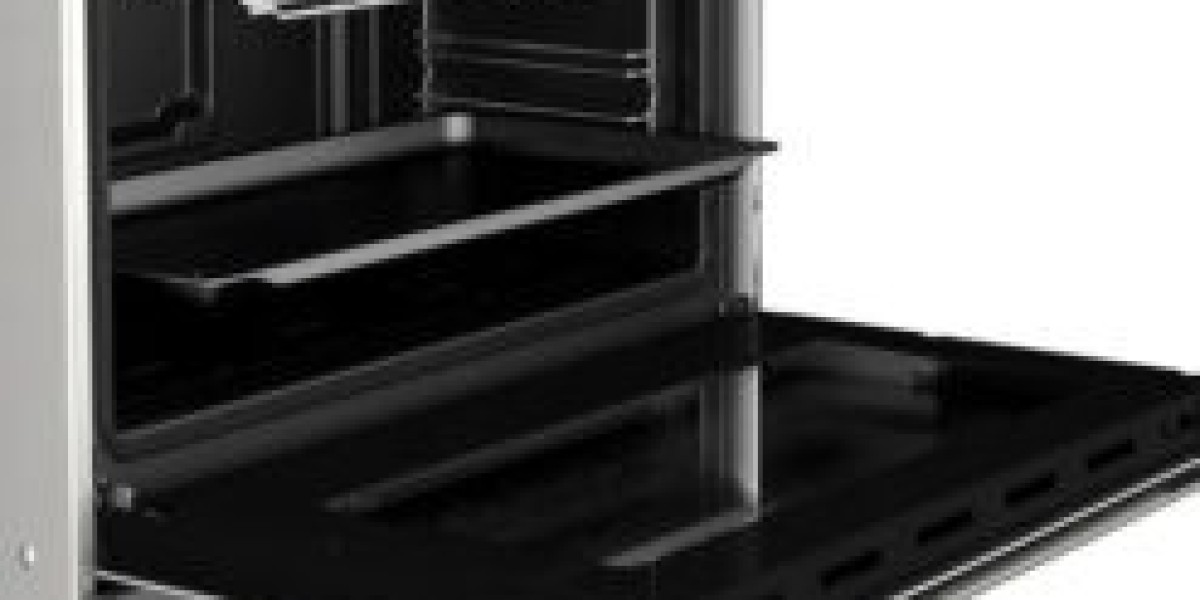Unlock the Secrets to Choosing the Perfect Solar Inverter for Your Home!
In today’s world, where sustainable energy solutions are becoming increasingly essential, having a reliable solar inverter is crucial for any home energy system. A solar inverter is the heart of your solar energy setup, converting the direct current (DC) produced by solar panels into alternating current (AC) that can be used in your household. When selecting the right inverter, two key factors stand out: power capacity and safety features, particularly overcharge protection. This article aims to guide you through the essential considerations for purchasing a solar inverter that meets your specific requirements, ensuring you make an informed decision that aligns with your energy needs.

Understanding Solar Inverters
A solar inverter plays a vital role in any solar energy system, acting as the intermediary between solar panels and your home’s electrical system. It converts the DC electricity generated by the panels into AC electricity, which is the standard form of electricity used in most homes. There are primarily three types of solar inverters: string inverters, microinverters, and power optimizers. String inverters are commonly used in residential systems, connecting multiple panels in a series. Microinverters, on the other hand, are installed on each panel individually, allowing for more efficient energy conversion, especially in shaded areas. Power optimizers work similarly to microinverters but are used in conjunction with a string inverter. Understanding these different types can help you choose the right inverter that fits your installation needs and efficiency goals.
Power Capacity: What You Need to Know
When selecting a solar inverter, understanding power capacity is essential. The power capacity of an inverter is measured in watts and indicates how much electricity it can handle at once. To determine the appropriate capacity for your home, start by calculating your household’s energy consumption. Look at your electricity bills to find your average monthly usage in kilowatt-hours (kWh). Next, consider the appliances you use most frequently and their power requirements. For instance, while a refrigerator may require about 200-800 watts, other appliances like air conditioners can demand significantly more. The general rule of thumb is to select an inverter that can handle at least 20-25% more capacity than your maximum energy demand to ensure efficient energy conversion and avoid overload. This consideration can significantly impact the performance of your solar energy system.
Safety Features: The Importance of Overcharge Protection
Overcharge protection is a crucial safety feature in solar inverters that prevents the battery from being charged beyond its capacity. Without this feature, batteries can overheat, swell, or even leak, leading to potential hazards. The risks associated with overcharging can compromise the longevity of your solar energy system and create safety issues in your home. Having an inverter with built-in overcharge protection not only safeguards your investment but also ensures peace of mind, knowing that your system is protected against possible electrical failures. This feature is particularly beneficial for those who may not always be monitoring their energy systems closely, as it provides an added layer of safety against unforeseen circumstances.
Factors to Consider When Choosing a Solar Inverter
Beyond power capacity and safety features, several other factors are crucial when selecting a solar inverter. Efficiency ratings are vital, as they indicate how well the inverter converts DC to AC power. Look for inverters with high efficiency ratings to maximize energy output. Additionally, consider the warranty offered, as this reflects the manufacturer’s confidence in their product. A longer warranty often indicates a reliable inverter. Installation requirements can also vary; some inverters may need professional installation, while others are designed for easier DIY setups. Lastly, maintenance needs should be assessed; regular check-ups can extend the life of your inverter and ensure it operates efficiently. Taking these factors into account will help you find an inverter that not only meets your energy needs but also fits seamlessly into your lifestyle.
Final Thoughts on Choosing Your Solar Inverter
Choosing the right solar inverter is a crucial step towards a successful solar energy system. By focusing on adequate power capacity and essential safety features like overcharge protection, you can enhance the efficiency and longevity of your system. Always remember to evaluate your unique energy needs and consider various factors such as efficiency, warranty, and installation requirements. Taking the time to research and reflect on these aspects will empower you to make an informed decision that aligns with your home’s energy goals.







